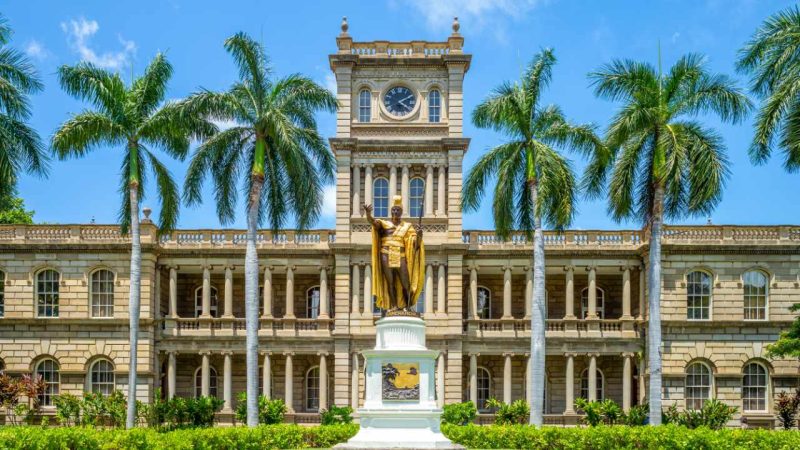As of today, the state of Hawaii’s regulatory sandbox for crypto companies, the Digital Currency Innovation Lab (DCIL), has officially concluded. Consequently, digital currency businesses will no longer need a Hawaii-issued money transmitter license to operate within the state. However, they must still adhere to federal regulations.
End of the Digital Currency Innovation Lab
The Department of Commerce and Consumer Affairs of Hawaii, in collaboration with the Hawaii Technology Development Corporation (HTDC), announced that the DCIL pilot program would end on June 30. Established in 2020, the DCIL was a two-year initiative created through a partnership between HTDC and the Hawaii Division of Financial Institutions (DFI). The program allowed participating digital currency issuers to operate without needing a state money transmitter license.
Objectives and Findings of the DCIL
The DCIL aimed to explore digital currency activities in Hawaii and evaluate the necessary regulatory framework for companies specializing in digital currencies, also known as cryptocurrencies. The findings from this collaborative research project indicated that digital currency companies no longer need a state-issued money transmitter license to conduct business in Hawaii.
Regulatory Compliance Requirements
Despite the elimination of the state licensing requirement, Hawaiian regulators have emphasized that digital currency companies must comply with all applicable federal licensing and registration requirements. This includes adherence to regulations set by the Financial Crimes Enforcement Network (FinCEN), the Securities and Exchange Commission (SEC), and the Financial Industry Regulatory Authority (FINRA). Additionally, these companies must follow relevant federal consumer protection and anti-money laundering regulations.
A total of 11 companies were approved to participate in the sandbox, with a designated wind-down period from July 1 to December 30, 2024. These companies include:
